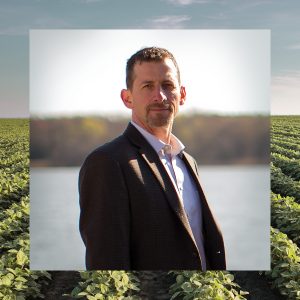 How does Ferraro’s work fit in? He is focused on determining whether conservation technology or measures “work.”
How does Ferraro’s work fit in? He is focused on determining whether conservation technology or measures “work.”
“Engineers can invent new technologies, such as filters to clean water,” he says, “but we also have to figure out how to get people to use them.” Consider the power of peer pressure: Simply showing people in the U.S. how their water use compares to their neighbors reduces their usage by up to 5 percent, according to a 2013 study by Ferraro. Another example: Allowing people to set voluntary energy reduction goals makes them more likely to save energy, Ferraro has found.
Ferraro has launched a new research center, called the Center for Behavioral and Experimental Agri-Environmental Research, which is modeled after two centers at Cornell and Duke/UNC at Chapel Hill that focus on nutrition, encouraging children to eat healthier foods. Co-hosted with the University of Delaware, the center will act as a research clearinghouse for evidence-based policy to solve agricultural and environmental challenges. It will conduct research and provide grant funding to test innovative ideas nationwide.
In February, the center awarded more than $300,000 to 12 behavioral science projects that range from evaluating attitudes toward protecting groundwater in Colorado to understanding ways to piece together southeastern forest land for the endangered red wolf.
Ferraro is also getting started in his own “backyard” of the Chesapeake Bay. Under two major initiatives, he’ll look at the behavior of everyone from suburban landowners in the mid-Atlantic to rural farmers on the Eastern and southern shores. A major focus will be the long-standing logjam between environmentalists and farmers about the most equitable way to resolve ecological damage caused by water running off agricultural lands and into the bay.
“Most farmers are doing their best,” says Ferraro. “They are working hard to feed their families and send their kids to college, just like you and me. But often what’s good for us as individuals isn’t what’s best for us collectively. We need policies that allow farmers to continue to make good decisions for themselves and their farms, but also result in good outcomes for the environment.”




